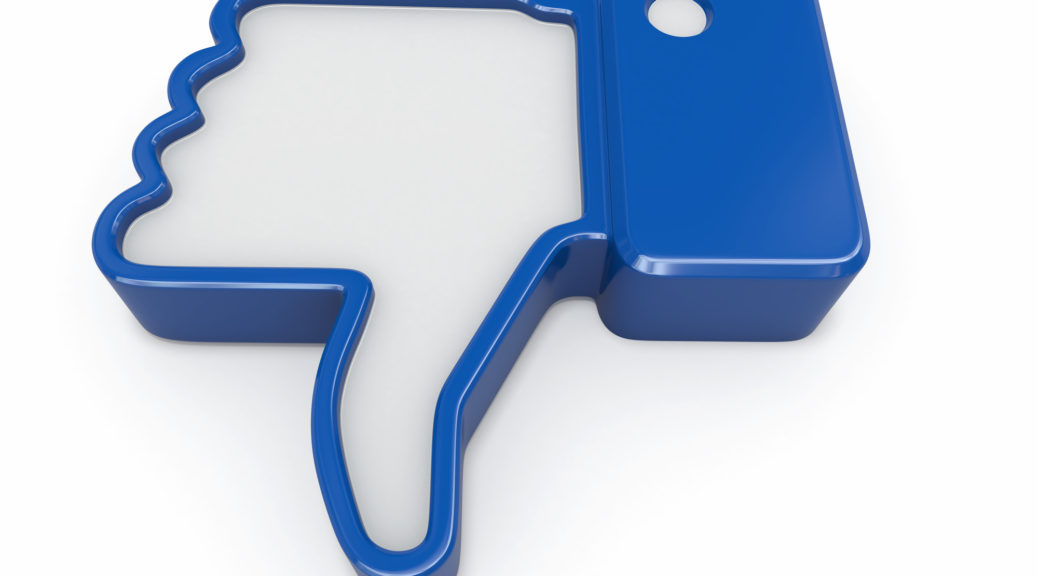On September 23, 2020, the Department of Justice released its proposed changes to Section 230 of the DMCA – the first serious attempt at reigning in the immunity rights enjoyed by the duopoly of Facebook and Google. In his cover letter, the Attorney General wrote: “I am pleased to present for consideration by Congress a legislative proposal to modernize and clarify the immunity that 47 U.S.C. § 230 provides to online platforms that host and moderate content.” Recognizing that “platforms have been allowed to invoke Section 230 to escape liability even when they knew their services were being used for criminal activity”, the Attorney General stressed that the initial purposes of the 1996 DMCA have long ago been served.
Accordingly, the first tranche of changes is focused on ensuring editorial decisions are being done objectively and in good faith – with a proposed definition of “good faith” actually baked into the proposed new Section 230. Specifically, Section 230(c)(2) is amended to require platforms have an “objectively reasonable belief” that the speech they are removing falls within certain enumerated categories.
The second area of changes addresses growing illicit online content by limiting publisher immunity when an online platform (I) purposefully promotes, facilitates, or solicits third party content that would violate federal criminal law; (2) has actual knowledge that specific content it is hosting violates federal law; or (3) fails to remove unlawful content after receiving notice by way of a final court judgment. See Proposed § 230(d).
And finally, the third major change amends Section 230(e) to expressly confirm that the immunity provided by Section 230 would not apply to civil enforcement actions brought by the federal government. This change provides for an important federal enforcement tool against platforms should the need arise – just like with any other company in the United States. See Proposed § 230(e).
A careful review of these changes evidences a long-overdue updating that hopefully begets bipartisan support despite the current schism between our two major political parties. Indeed, given the lobbying might of Facebook, Google and other online platforms, any alteration of the immunities granted under Section 230 will require nothing less than true bipartisan support.
UPDATE: October 28, 2020
On October 28, 2020, the U.S. Senate held a hearing on the following topic: “Does Section 230’s Sweeping Immunity Enable Big Tech Bad Behavior?” The Hearing was to “examine whether Section 230 of the Communications Decency Act has outlived its usefulness in today’s digital age. It will also examine legislative proposals to modernize the decades-old law, increase transparency and accountability among big technology companies for their content moderation practices, and explore the impact of large ad-tech platforms on local journalism and consumer privacy.”
Other than highlighting a pretty wild lockdown beard, the session provided little real ammo for either side of this debate. Perhaps in 2021, that dynamic may change.
